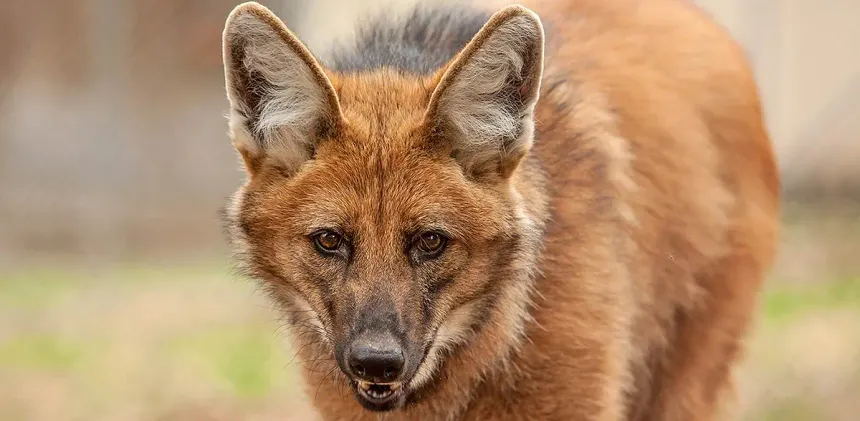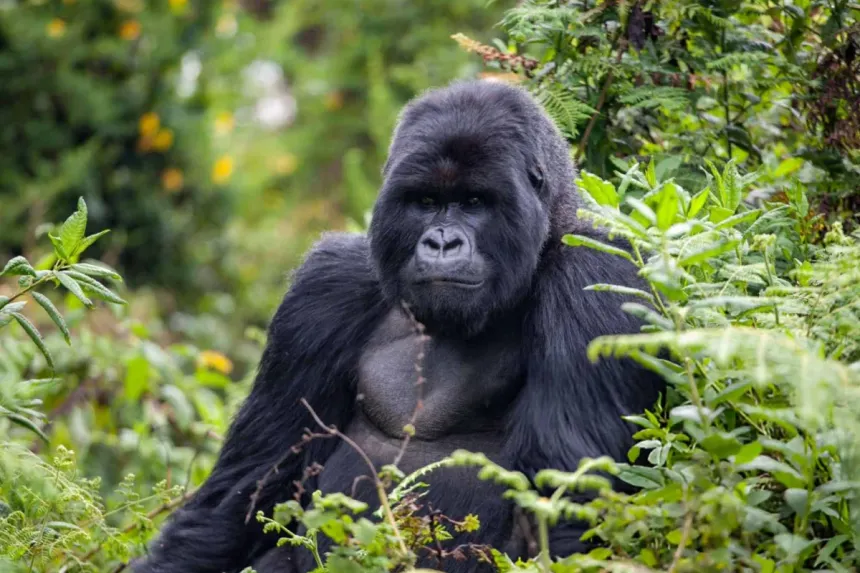What Do Wild Lions Eat? Inside the Diet of the King of Beasts
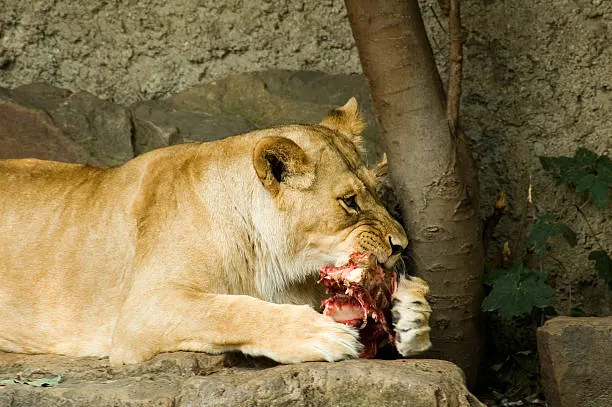
Wild lions (Panthera leo) are apex predators—majestic and powerful hunters that sit at the top of the food chain in the African savannah. But what exactly do they eat in the wild? Their diet is influenced by prey availability, habitat, pride structure, and hunting strategy. This article explores everything you need to know about the natural diet of wild lions.
1. Lions Are Carnivores by Nature
Wild lions are obligate carnivores, meaning they depend entirely on meat for survival. They lack the enzymes needed to digest plant matter and thrive solely on animal flesh.
2. Preferred Prey: Medium to Large Herbivores
Lions typically hunt animals ranging between 100–600 kg. Their most common prey includes:
- Zebras
- Wildebeest
- Buffalo
- Antelope (impala, kudu, gazelle)
- Giraffes (especially juveniles)
They may also target warthogs, ostriches, or young elephants or rhinos, especially when hunting in groups.
3. Opportunistic Feeders
Though known as fierce hunters, lions are also opportunistic. They may:
- Scavenge kills made by leopards, hyenas, or cheetahs
- Steal food from other carnivores
- Eat carrion if no fresh prey is available
They rarely pass up a free meal, even if it’s not fresh.
4. Hunting Strategies Vary by Gender and Pride Size
- Lionesses, the main hunters, often work together in coordinated group efforts to surround and ambush prey.
- Male lions, while less involved in daily hunting, may use brute strength to take down larger prey like buffalo.
- Larger prides have better success rates and can tackle more dangerous or sizeable animals.
5. How Much Do Lions Eat?
An adult lion may consume up to:
- 7–15 pounds (3–7 kg) of meat per day
- After a big kill, a lion can eat up to 75 pounds (34 kg) in a single sitting!
They don’t eat every day—a large kill can sustain a pride for several days.
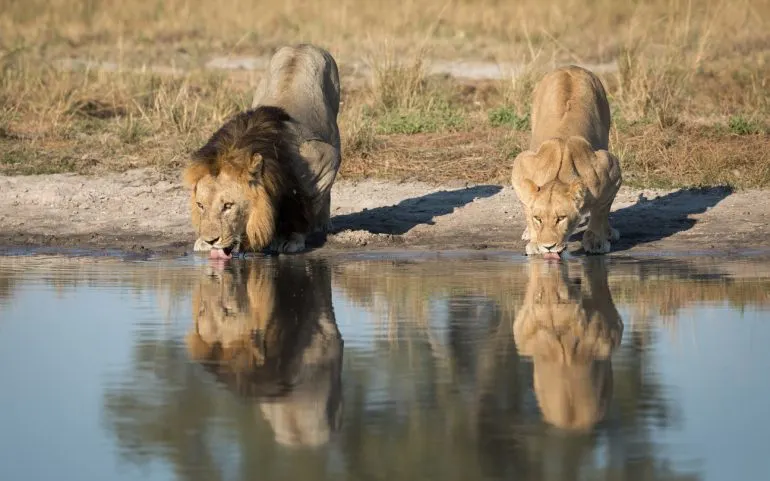
6. Seasonal and Regional Variation
Lions adjust their diet based on:
- Availability of prey
- Rainfall patterns
- Migration routes, such as those in the Serengeti and Maasai Mara
During dry seasons or in prey-scarce habitats, they may consume more scavenged meat or smaller animals.
7. Cubs Rely on Adults for Food
Lion cubs don’t hunt until they’re older. Until about one year of age, they:
- Nurse from their mothers
- Feed on scraps from kills made by adults
- Gradually learn hunting by observing adults
8. Do Lions Eat Every Day?
No. Wild lions may go without food for several days, especially after a failed hunt. Their bodies are adapted to:
- Gorge when food is available
- Fast for multiple days without serious harm
9. In Times of Desperation
In extreme circumstances, lions have been known to:
- Prey on livestock, causing human-lion conflicts
- Hunt smaller animals like birds, reptiles, or rodents
- Rarely, turn to cannibalism, especially if injured, starved, or defending a pride
10. The Role of Lions in the Ecosystem
As top predators, lions:
- Help control herbivore populations
- Maintain the balance of ecosystems
- Act as natural selectors, often culling weak or sick animals
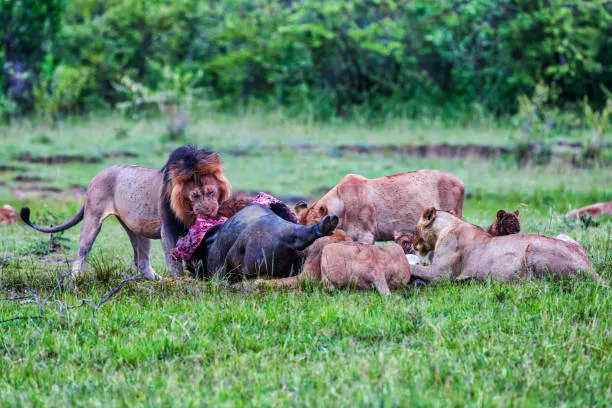
Conclusion
Wild lions are versatile, intelligent predators with a diet primarily composed of large herbivores but adaptable to opportunity and circumstance. Their eating habits reflect both the harsh realities of survival and the delicate balance of nature in which they play a crucial role. Understanding what lions eat in the wild helps us appreciate not just their power—but their place in the complex web of life.



